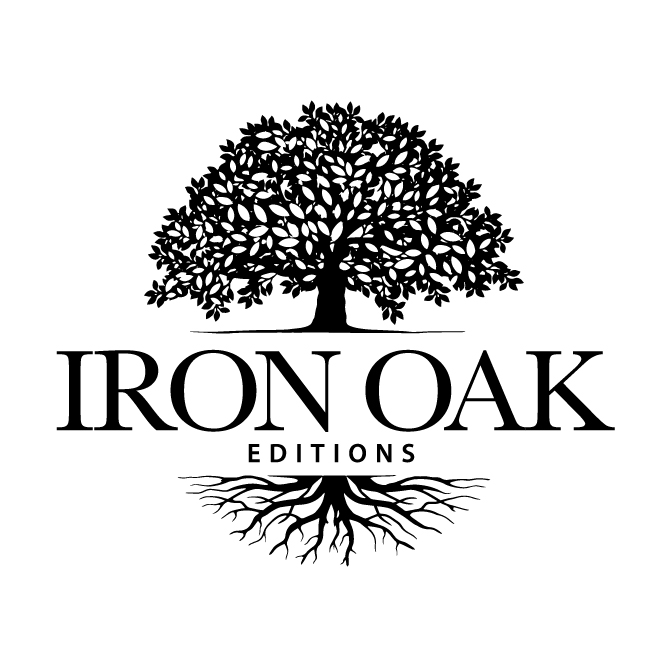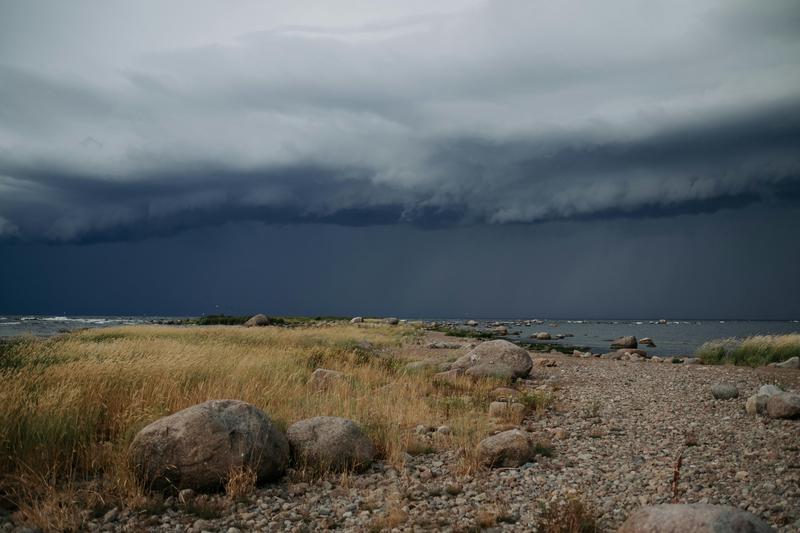by Allisa Cherry
May 6, 2025
Fuel by Rosie Stockton; Nightboat Books; 120 pages; $17.95.
In 2021, around the publication of their first collection Permanent Volta, Rosie Stockton said in an interview in the Poetry Project, "Poetry has this ability to be a mode of breaking common sense and questioning the quotidian." That celebrated debut received the Sawtooth Prize and was named a finalist for both the 2022 California Book Awards in Poetry and the 2022 Publishing Triangle’s Audre Lorde Award for Lesbian Poetry. Stockton applies that unique system of poetics as a tool for disrupting conventional thinking in their most recent collection Fuel as they explore love, identity and environmental collapse. Currently a PhD candidate in Gender Studies, Stockton brings their academic insight into conversation with their poetic practice, shining a light on the topics of identity, desire, and environmental crisis through a distinctly hybridized lens, articulating a work of great precision that rewards careful attention.
Fuel reads as a bewildering yet tender journey through a world unraveling on both a personal and ecological level. Stockton has divided the collection into seven titled sections of untitled interconnected poems that resist easy categorization, blending an I-and-thou intimacy with intellectual coolness and ecological anxiety. Each section functions as its own ecosystem, introducing ideas and patterns that resurface and evolve throughout the collection. And each section concludes with an epistolary poem addressed to “Dear End,” arguably containing the most sensitive moments in the collection, with such deeply felt lines like “let the tips of our boots touch” and “In wanting you, all becomes you.” It is easy to forget the speaker is likely addressing the apocalypse and not, after all, a lover. Because of the apostrophic nature of these addresses, the reader is able to slip into the position of "you," mapping their own experiences of attachment and collapse, thus eroding the boundary between reader and speaker.
From Fuel’s first lines: "the earth has undermined a World into a new state of water" the reader is immediately submerged in an ecological crisis. The imagery of water in many human-corrupted variants is recurring, suggesting both literal climate catastrophe and the overwhelming emotional experience of anticipating it or trying to survive it. Stockton's approach to writing about ecological collapse feels uniquely embodied. Rather than adopting an elegiac stance toward environmental catastrophe, however, their speaker is participating in it, creating parallels between it and their daily existence: "I pollinate myself, become public funds."
The clarity with which Stockton can see the entanglement of the personal and the ecological is one of Stockton’s great strengths as a poet. Unlike some who might maintain a separation between people and other natural objects, Stockton erodes the boundaries between the human “I” and “you” of the collection and the environment they inhabit, creating poems where human relationships are inseparable from their environmental context. When they write, "I tie you to the rain," the line works as both a sensual metaphor and an ecological truth—love and water rights intertwined.
The collection's formal elements mirror its thematic concerns. Stockton employs enjambment and non-sequiturs, eschews periods but loves a comma, does not capitalize anything beyond the “I” and uses white space to great effect. These elements force a reader to slow down, stumble, or even make it difficult to orient oneself within the sentence which allows the reader to experience language as vulnerable to the same forces of erosion affecting the physical world. Of particular note is Stockton’s knack for shifting registers. They mix ecological terminology ("nematodes," "bioblush") with modern parlance ("shadow banned," "Venmo request") and stack it all against classical references to Ovid’s Metamorphosis. This hybridity creates a poetic voice that makes classification challenging. When they write, "O host itch, all guest talk tend my ambient scope spare me operative never fully included but I like my spell doxing conduit," the juxtaposition of classical apostrophe with internet-age language creates a temporal friction that characterizes much of the collection.
Throughout Fuel Stockton is striking a precarious balance between a scholarly engagement with critical theory and emotional immediacy. Their exploration of "the policed value" of categories and their insistence that "truthfully, I can't prove I am not a robot, but I can prove my disobedience" suggest a sophisticated understanding of power structures and resistance. At times the theoretical frameworks come close to overwhelming the poems' more visceral qualities, such as the speaker's grief, desire, and rebellion. If the collection has challenges, they lie in those occasional moments where ideas and theory threaten to overwhelm emotional clarity. Some readers may find certain passages unclear, requiring multiple readings to unpack. However, this difficulty feels thematically appropriate—Stockton is exploring a world of increasing complexity and revelatory collapse, where a more straightforward, governed expression may no longer be sufficient.
Perhaps most remarkable is Stockton's treatment of identity as fluid yet consequential. When they write, "when there is nothing I cannot remember, I carve myself back into myself," they present the “I” as an ongoing metamorphosis. The speaker refers to themselves as "the boy who can rhyme," suggesting gender as one of many identities that can be adopted, discarded, or transformed. While the collection's emotional center can repeatedly be located in its exploration of interpersonal dynamics against a backdrop of crisis. Stockton depicts relationships characterized by complex power negotiations: "when I authorize you to authorize me / I get this whole new end of the world.”
What distinguishes Stockton's Fuel is not only its intellectual engagement with ecological crisis or the fluid nature of identity, but the way these topics can be illuminated through a poetics of metamorphosis and vulnerability. Their work refuses easy classification or resolution. Instead, it invites the reader into a space where boundaries—between self and other, human and environment, theory and emotion—become permeable.
__________________________________________________________________________________________________________________________________________________________________________
__________________________________________________________________________________________________________________________________________________________________________
__________________________________________________________________________________________________________________________________________________________________________
Fractured Ecosystems and Fluid Selves in Rosie Stockton's Fuel
POETRY REVIEW
Image by Cottonbro from Pexels
Allisa Cherry grew up in a rural community in an irradiated desert in the southwest of the United States. She has since relocated to the Pacific Northwest where she teaches workshops for immigrants and refugees transitioning to a life in the US and recently received her MFA from Pacific University. Her poetry has received Pushcart and Best of the Net nominations and can be found in High Desert Journal, West Trade Review, The Maine Review and Rust + Moth. Work is forthcoming at The Columbia Review.
__________________________________________________________________________________________________________________________________________________________________________
__________________________________________________________________________________________________________________________________________________________________________
© 2025 Iron Oak Editions
Stay Connected to Our Literary Community. Subscribe to Our Newsletter





